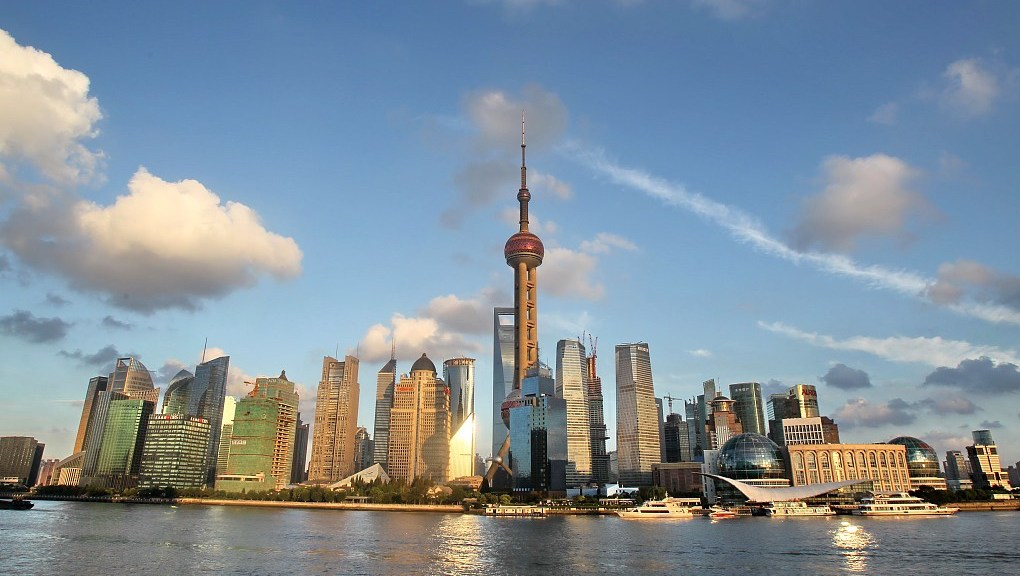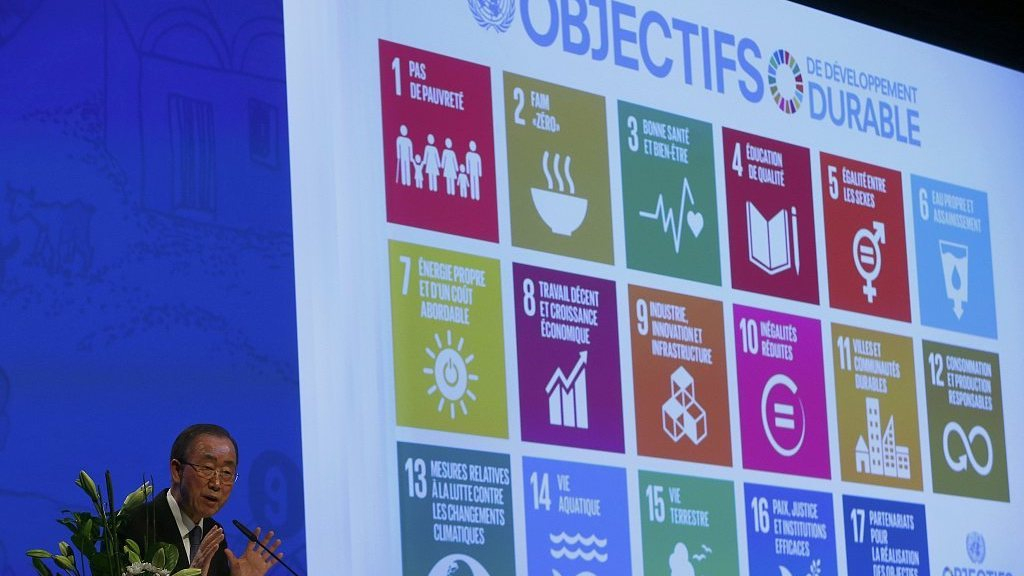
18:52, 25-Mar-2019
How can China help fulfill UN's sustainable development goals?

In his annual press conference, Chinese Premier Li Keqiang emphasized that China wants to be a staunch safeguard and contributor to regional and global peace and development.
As China sticks to its multilateral approach to global governance and the Belt and Road Initiative, how can China contribute to the global efforts to achieve United Nations' seventeen Sustainable Development Goals (SDGs)?
Professor Scott Appleby from the University of Notre Dame in Indiana, U.S. believes that the goals which include eradicating poverty and hunger are breathtakingly ambitious, comprehensive and very idealistic.
He mentioned that the key to sustainable development goals is the recognition that the challenges facing the world are all interconnected. So, global warming is going to lead and has led to wars over resources, land and water, health care crises and flows of refugees. None of these problems can begin to be solved if there is no effective governance.

But where can we find effective global leadership in today's world? Professor Appleby sees hope in China's ambitious Belt and Road Initiative (BRI).
"If through this incredible Belt and Road Initiative which links and endorses a multilateral approach that builds peace among societies through trade and economics, if that can be taken seriously if there is leadership on the environment, these core elements will help the rest of the world to move forward on many of the goals."
However, in recent years, China has been reminded that it has a moral obligation in its role as a global economic power and that its global presence must come with "moral leadership".
Contrary to some critics, Professor Appleby suggests that we would acknowledge that China is still a developing country. According to him, everyone acknowledges that to expect China to make such rapid progress made in the development and then to step into moral leadership, is to ask a great deal.
Adding to that, he said that when we begin to look at specifics of what we might call moral leadership, China seems to be in some of its policies, a great supporter of specific rules and regulations and trade around international relations and cooperation.

"This almost seems ironic or unexpected from the American point of view that China would in certain ways be an upholder of the liberal United Nations in some fronts. Liberal in the sense of openness."
To better illustrate his point, professor Appleby raised the example of the environmental issue.
He said that we could hopefully agree that preserving the planet and habitat that we can all live in is a moral question. It's a question of right and wrong. And that means subordinating other priorities.
Based on his observation, China is in a position to take moral leadership in that sense precisely because it's a recognition that it makes no sense to have enormous economic growth if we can't breathe the air.
"The fact that the state seems to be is committed to addressing this problem systematically within China alone, to do that successfully, to make that a real priority to accept the tradeoffs that come with that in other parts of the economy. That's narrow, but a very real sense of moral leadership," he concluded.
SITEMAP
Copyright © 2018 CGTN. Beijing ICP prepared NO.16065310-3
Copyright © 2018 CGTN. Beijing ICP prepared NO.16065310-3